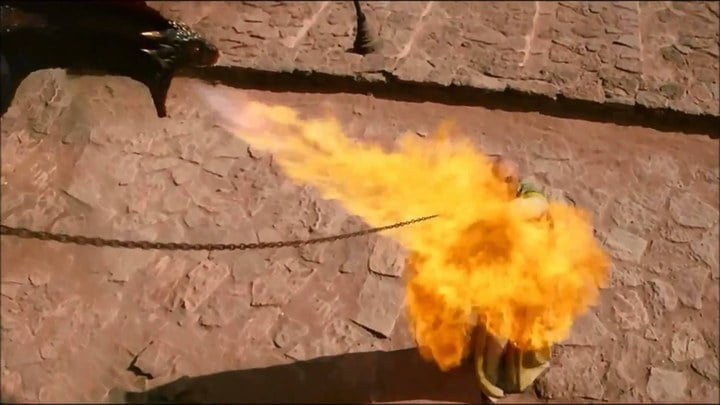Capitalism and Robbery

“The power of abstraction,” Karl Marx noted, is absolutely crucial to the theoretical analysis of historical systems, as exemplified by his critique of capitalist political economy.2 But while the force of abstraction is indispensable to any attempt to grasp the inner character of capital, also implicit in Marx’s historical materialism is the notion that capitalism can never be reduced simply to its internal logic.3 Rather, it is also the product of numerous contingent historical conditions that form the empirical boundaries and limits within which the system operates and are integral to its functioning. Thus, historical capitalism cannot be understood aside from its existence as a colonial/imperialist world system in which the violent exercise of power is an ever-present reality. In order to uncover the material conditions governing concrete capitalism, including its interface with land, nonwage labor, and corporeal life, it is therefore necessary to go beyond the inner reality of exploitation, and address expropriation, or the process of appropriation without equivalent (or without reciprocity) through which capital has sought to determine its wider parameters.
The concept of expropriation is commonly seen on the left as a mere synonym for the notion of primary accumulation—a category derived from classical liberal political economy that Marx subjected to ruthless critique.4 In fact, even in those instances where he referred to “so-called primitive [primary] accumulation”—taking this concept directly from Adam Smith, who had introduced the notion of previous accumulation (or previous stock)—Marx immediately sought to transform this into the altogether different question of expropriation, seeing this as constituting the essential precondition of capitalism, as well as its continuous reality.5
For Marx, the expropriation on which capitalism was based had nothing to do with “so-called” previous accumulation, or the “nursery tale,” propounded by classical political economy, that the capitalist system had its origin in abstinence and the consequent buildup of savings.6 Indeed, Marx, as Marxian political economist Michael Perelman writes, adamantly “dismissed Smith’s mythical ‘previous’ accumulation, in order to call attention to the actual historical experience,” characterized by rampant expropriation.7 The preconditions of capitalism, Marx explained, were to be found in a brutal system of robbery, manifested in the form of enclosures, the usurpation of the land, the dispossession of the peasantry, and the pillage of the colonized world—giving rise to proletarianization, genocide, and slavery. All of this involved the transfer of claims to existing property/wealth, along with the wholesale expropriation of populations, who were subjected to some of the worst forms of forcible oppression, removing them from the land and ownership of the means of reproduction, and transforming them into proletarians who had no way to live except by selling their labor power. This extended as well to capitalism’s expropriation of the soil itself. Such violent expropriation, characterizing the entire mercantilist era, was not merely a predatory precursor to capitalism proper—as thinkers like Max Weber and Joseph Schumpeter asserted in the twentieth century—but was integral to historical capitalism and colonialism, determining the very boundaries of the system, and carried forward into the modern era.8








